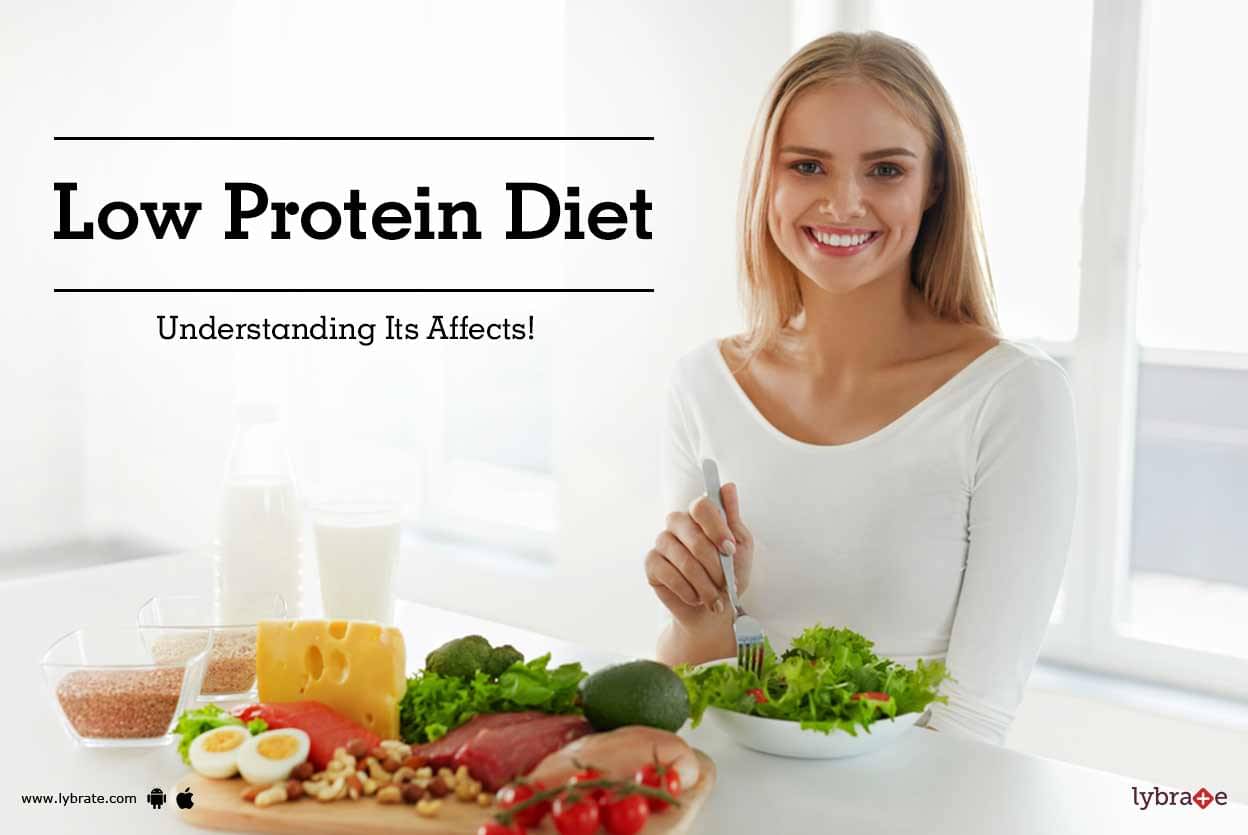
If you recently learned that you have kidney disease, your doctor may have told you to start following a low-protein diet. You may be wondering how you will be able to adjust this new diet to your usual cooking or meal planning habits. Here are some tips. Protein is needed for growth, upkeep and repair of all parts of your body. Protein comes from the food you eat. When your body digests it, a waste product called urea is produced. If the kidneys are not working well, urea can build up in the bloodstream and may cause loss of appetite and fatigue.
Protein is a nutrient needed by the body for normal growth, wound healing, and the ability to fight infection. People with severe kidney or liver disease often must limit the amount of protein they eat because their bodies cannot use the protein properly. Dangerous waste products can build up in the blood from eating too much protein. For the healthy person, between grams of protein are needed each day to achieve and maintain good health. This, of course, will depend on the weight and health of an individual. A person recovering from an illness or injury often needs more. It is satisfactory to eat less than this amount for a short period of time, depending on health and diet objectives. If you are instructed to begin a low protein diet, discuss with your physician the maximum amount of protein permitted.
Metrics details. In this editorial we present the special issue dedicated to low-protein diets LPDs in chronic kidney disease, from a global perspective. The experiences gathered from several countries across all continents have created an issue which we hope you will find insightful, and lead to further discussion on this interesting topic. We discover that LPDs are feasible in both developed and low income countries, in patients where literacy is an issue, and are also safe, including during pregnancy and in old age. Patients prescribed a low protein diet are more inclined to follow and adhere to this change in lifestyle, provided the diet has been adapted to meet their own individual needs. With an increasing list of different menu options and better medical advice being offered we no longer need to identify low protein diets with a specific menu, ingredient or supplement, or with a specific level of protein restriction. The colourful menus gathered from all over the world remind us that a low protein diet does not necessarily mean that the pleasure of preparing a delicious meal is lost.
